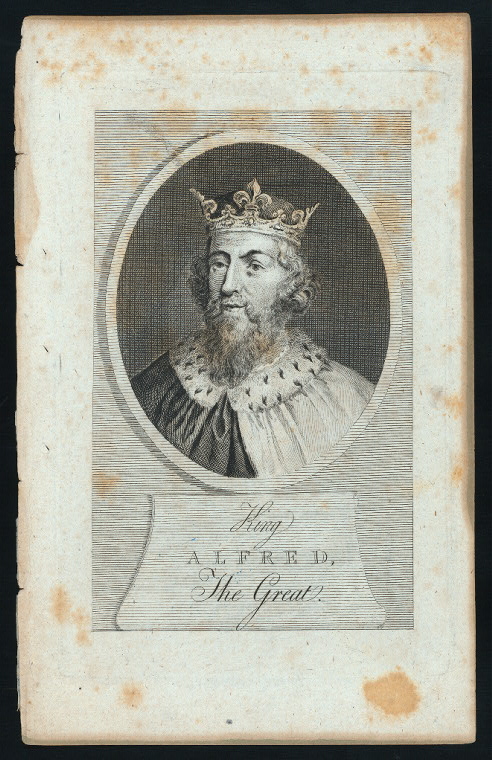Facts about Alfred the Great
Alfred the Great Biography
Alfred the Great was a ninth century king of the Anglo-Saxons and is considered to be one of the foundations of the British monarchy.
He is famous for keeping the Vikings from overtaking England, and for starting the unification of the Anglo-Saxons into one kingdom.
Alfred became the king of Wessex (in southwestern England) at the age of 21, following the death of his brother King Aethelred in 871.
The Anglo-Saxon kingdoms had been fighting off Viking (Dane) raiders and settlers for years, and by that time Wessex was the last Anglo-Saxon stronghold.
Alfred managed to hold on and turn the tide against the Danes by 878, and during the next years of his reign there were times of peace and conflict — Sometimes Alfred fought the Vikings, sometimes he paid them off.
Meanwhile, Alfred organized a system akin to a permanent army, began what could be called a navy, and built fortified towns called “burhs” as defense posts.
He also encouraged learning and literacy and was known to be a pious Christian.
Although Alfred did not achieve his goal of uniting all the Anglo-Saxons, he set things in motion so that his son and grandson could.
He was not called Alfred the Great until centuries later, when he stood as an example of the high character of Anglo-Saxons for his wisdom, fortitude and sense of justice.
Much is known about Alfred’s high character because he hired a biographer as part of his overall attempt to chronicle the lives of Anglo-Saxons.
Alfred suffered for years from some mysterious abdominal malady and died at the age of 50 in 899. His son ascended to the throne and became known as Edward the Elder.

